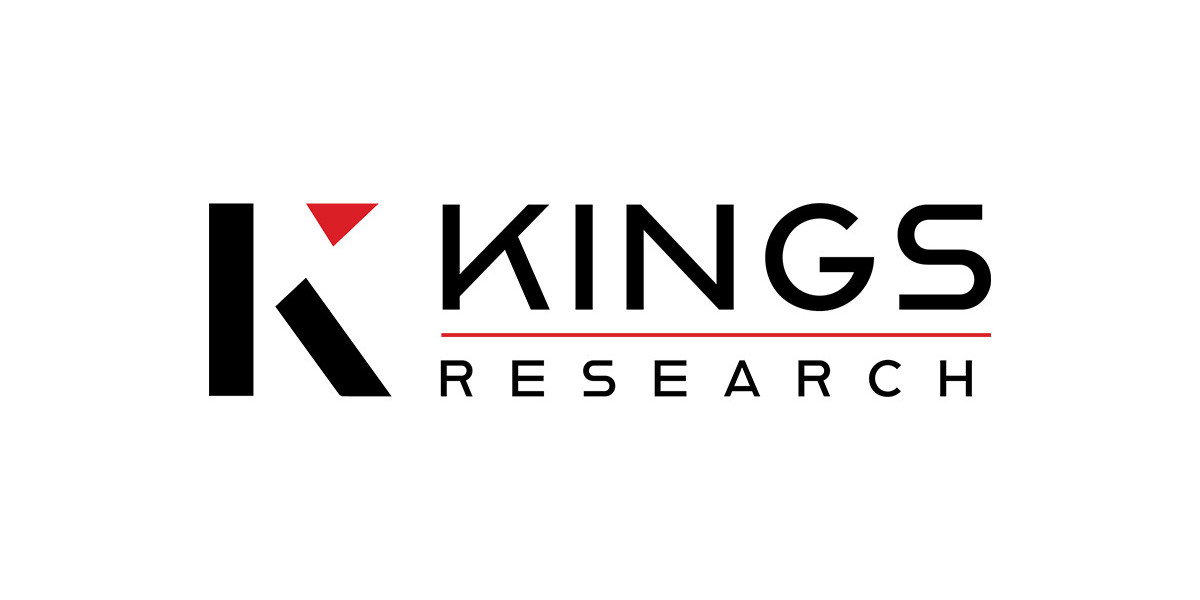The healthcare industry in the United States has always been a labyrinth of costs, coverage limitations, and confusing paperwork. But with the implementation of the No Surprises Act in January 2022, patients were promised a new era of billing transparency. However, as the dust begins to settle, a crucial question arises: has the Act truly delivered clarity, or has it simply shifted the confusion elsewhere?
As patients across the country receive medical bills with new disclaimers and revised cost structures, many are turning to professionals for help deciphering what they owe—and why. In this evolving landscape, the role of a medical billing agency has never been more important. From Texas to Maine, agencies are not only decoding the new billing rules but also stepping in as advocates for patients navigating this post-legislation world.
What Is the No Surprises Act?
The No Surprises Act aims to protect patients from unexpected medical bills, particularly from out-of-network providers in emergency situations or when receiving care at in-network facilities. The Act requires that patients be billed at in-network rates in many of these cases, and that they receive a Good Faith Estimate (GFE) prior to receiving services.
On paper, it sounds like a significant win for healthcare consumers. But the reality is more nuanced.
The Promise vs. the Practice
Initial reports after the Act's implementation showed promise. According to the Centers for Medicare & Medicaid Services (CMS), over 1 million surprise bills were prevented in the first year. Yet patients and providers alike report that billing confusion persists, albeit in different ways than before.
For instance, some patients now receive multiple GFEs from different providers, each with varying levels of detail and accuracy. Others are seeing bills delayed due to disputes between insurers and providers—a problem the Act attempts to manage through an independent dispute resolution (IDR) process.
This shifting burden has opened the door for an experienced medical billing agency to offer value in new and critical ways.
Patients Speak: What Has Changed?
Real Voices, Real Concerns
Lena Rodriguez from Houston underwent a non-emergency surgery at an in-network hospital. She was assured the procedure would be covered, but weeks later, she received a $2,300 bill from an out-of-network anesthesiologist.
“I thought the law was supposed to protect me,” Lena said. “The hospital was in-network. Why am I getting this?”
As it turned out, the anesthesiologist had not opted into the insurer's network, but the hospital did not inform Lena beforehand. While the bill may eventually be reduced under the Act’s guidelines, the stress and time involved in challenging the charge remain a burden.
This is where medical billing services Texas companies are stepping in. Firms in the state are among the most proactive in interpreting the law’s nuances and helping patients like Lena file disputes, analyze GFEs, and communicate with insurance companies.
The Rise in Billing Advocates
Many medical billing agencies are now expanding their roles to include patient advocacy. This includes offering consultations, analyzing medical bills for discrepancies, and negotiating directly with insurers or providers.
As more patients speak out about their experiences, it’s clear that while the No Surprises Act has made progress, it has not fully addressed the underlying issues of complexity and transparency. In response, a growing number of healthcare facilities are partnering with a medical billing agency not just for claims processing, but for education and compliance strategy.
New Challenges for Providers
While patients are adapting to new forms of billing, providers are also navigating a steep learning curve. Many must now issue Good Faith Estimates to uninsured or self-paying patients within specific timeframes. Failing to comply can lead to audits and penalties.
Medical billing agencies are evolving to meet these demands by:
Automating GFE creation through EHR integrations
Offering regulatory compliance audits
Developing dispute resolution protocols
A medical billing agency that understands both federal mandates and regional insurance behaviors—such as those offering medical billing services Texas is uniquely positioned to help providers avoid costly missteps.
Technology’s Role in the Post-No Surprises Era
To meet the complexity of new billing expectations, top agencies are investing in smarter, more adaptable software. Innovations include AI-driven bill analysis, dynamic GFE generation, and real-time insurance eligibility checks.
For example, some platforms now alert patients instantly if a provider is out-of-network, allowing for a truly informed choice before care is delivered. Others automatically match service codes to the correct payer contracts, minimizing disputes.
These technological advancements are crucial in reducing human error and speeding up the resolution of contested claims.
The Business Case for Better Billing
Clear billing is not just a compliance issue—it’s a trust issue. A patient who receives an unexpected bill, even if later resolved, may lose faith in the provider. This can harm reputation and patient retention.
Healthcare organizations are recognizing that a high-performing medical billing agency is no longer a back-office necessity but a strategic partner. By ensuring that billing is accurate, transparent, and timely, these agencies help providers build stronger relationships with patients.
In regions with high patient turnover or multilingual populations—like parts of Texas—the demand for culturally sensitive, accurate, and clear billing is even more critical. That’s why medical billing services Texas are among the most in-demand and rapidly growing segments in the industry.
Education: The Missing Piece
Despite the changes brought by the No Surprises Act, one consistent finding remains: patients need education.
Many consumers are unaware of their rights under the Act. Few know that they can dispute bills or that they should receive a Good Faith Estimate. A medical billing agency that includes educational outreach—via workshops, blog content, or even patient webinars—can help fill this gap.
Healthcare providers, too, need ongoing training to adapt to evolving rules and requirements. Billing teams must be versed in not only new documentation standards but also conflict resolution practices.
What Patients Can Do
For patients navigating the post-No Surprises landscape, here are a few practical tips:
Request a GFE: Always ask for a Good Faith Estimate before undergoing any non-emergency treatment.
Check Provider Networks: Use your insurer’s portal to verify if all involved professionals are in-network.
Consult a Billing Expert: If you receive a confusing or large bill, reach out to a medical billing agency for assistance.
Know Your Rights: Visit CMS.gov or your state’s health department website to learn about billing protections in your region.
A Look Ahead
As the No Surprises Act continues to evolve, so too will the systems and professionals that support it. The Department of Health and Human Services (HHS) has already announced plans for more streamlined GFE standards and improved dispute resolution mechanisms.
This means the role of a medical billing agency will become even more critical. Whether supporting large hospitals or independent providers, agencies must now combine legal compliance with empathetic, human-centered support.
In states like Texas, where diverse populations and varied insurance networks intersect, the expertise offered by medical billing services Texas is shaping a new benchmark for care and clarity.
Final Thoughts
The No Surprises Act represents a step toward transparency, but not a complete solution. Confusion still lingers in the fine print, the phone calls, and the unexpected envelopes that arrive weeks after treatment. Yet amid this uncertainty, a new model of accountability is emerging—driven by empowered patients and informed advocates.
In this changing environment, a seasoned medical billing agency isn't just processing claims—they’re building bridges between patients and providers. As both confusion and clarity coexist in today’s medical billing landscape, these agencies play a vital role in guiding healthcare toward a future that is fairer, simpler, and more patient-focused.










